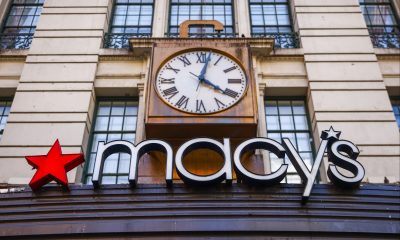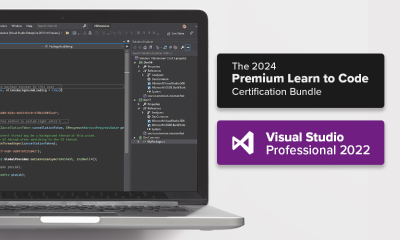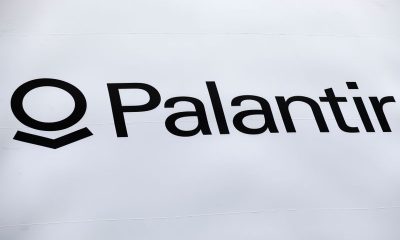Investing
Virgin Galactic rocket plane poised for first commercial flight to edge of space
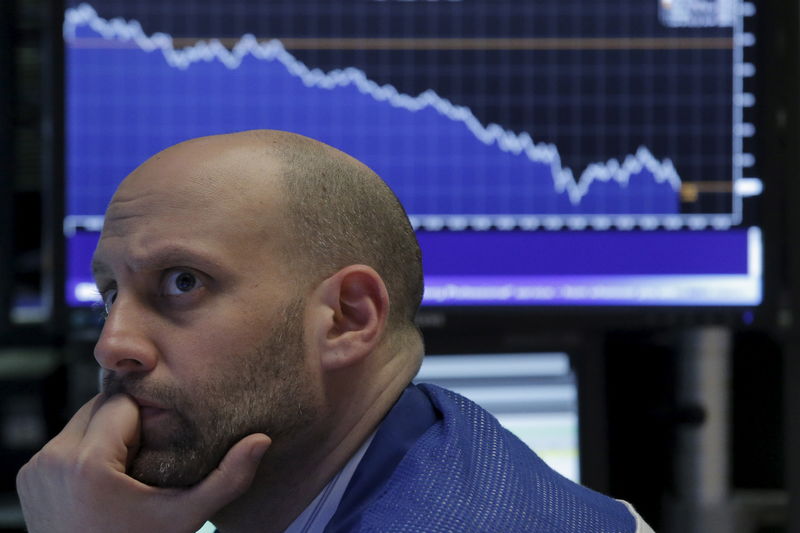
© Reuters. FILE PHOTO: Virgin Galactic’s passenger rocket plane VSS Unity, borne by twin-fuselage carrier jet dubbed VMS Eve, takes off with billionaire entrepreneur Richard Branson and his crew for travel to the edge of space at Spaceport America near Truth or Cons
By Jose Luis Gonzalez and Steve Gorman
TRUTH OR CONSEQUENCES, New Mexico (Reuters) – A twin-fuselage jet stood ready on Thursday to carry a Virgin Galactic (NYSE:) rocket plane with a three-man crew from Italy into the New Mexico sky for a high-altitude launch of the company’s first flight of paying customers to the edge of space.
The two Italian air force colonels and an aerospace engineer from the National Research Council of Italy were due to join their Virgin Galactic instructor and the spaceplane’s two pilots on a suborbital ride expected to take the six men about 50 miles (80 km) above the desert floor.
The flight marks a decisive moment for Virgin Galactic Holding Inc, the space tourism venture founded by British billionaire Richard Branson in 2004, as it inaugurates commercial service following several years fraught with development setbacks.
Virgin becomes the latest commercial enterprise, along with Jeff Bezos’s Blue Origin and fellow billionaire Elon Musk’s SpaceX, catering to wealthy customers willing to pay large sums of money to experience the exhilaration of supersonic rocket speed, microgravity and the spectacle of the Earth’s curvature from space.
The mission of the Italian team flying on Thursday, however, was billed as a scientific one, with the three men planning to collect biometric data, measure cognitive performance and record how certain liquids and solids mix in microgravity conditions.
For Italian Air Force Colonel Walter Villadei, designated as commander, the flight aboard the spaceplane, dubbed VSS Unity, is also part of his astronaut training for a future mission to the International Space Station.
Joining him on Thursday are two Italian colleagues – Air Force Lieutenant Colonel Angelo Landolfi, a physician and flight surgeon, and Pantaleone Carlucci, a research council member acting as flight engineer and payload specialist.
Rounding out the crew was their Virgin Galactic trainer, Colin Bennett, the company’s lead “astronaut instructor,” and Unity’s two pilots, Michael Masucci and Nicola Pecile.
The gleaming white rocket plane was to be borne aloft at around 11 a.m. EDT (1500 GMT) attached to the underside of its transport jet, VMS Eve, as the carrier plane takes off from Spaceport America near the New Mexico town of Truth or Consequences.
Unity is designed to separate from its dual-fuselage mothership at an altitude of about 50,000 feet (9.5 miles/15.24 km), then fall away as the pilots ignite the vehicle’s engine to send the rocket plane streaking in a near-vertical climb at about three times the speed of sound to the blackness of space some 50-55 miles (80-89 km) high.
At the apex of the flight, the crew will experience a few minutes of weightlessness with the engine shut off before the craft shifts into re-entry mode and glides back to the spaceport for a runway landing. The entire flight, from takeoff to touchdown, should take no more than about 90 minutes.
EVOLVING BUSINESS MODEL
The flight comes two years after Branson himself rode along with five other Virgin Galactic personnel for the first fully crewed test spaceflight of Unity in July 2021. At the time, the company was targeting regular commercial service to begin in 2022 following additional test flights.
But completion of the test program took longer than anticipated after federal regulators grounded Unity for 11 weeks while the company was under investigation for deviating from its assigned airspace on ascent during the July 2021 flight. A final crewed test flight to space was conducted with little fanfare five weeks ago.
Thursday’s flight profile was expected to largely follow the sequence of events when Unity flew two years ago and again in May. If all goes smoothly, Unity will fly again in early August, with monthly flights thereafter, the company said.
Virgin Galactic has said it has already booked a backlog of some 800 customers, charging from $250,000 to $450,000 per seat, and envisions eventually building a large enough fleet to accommodate 400 flights annually.
Establishing a solid safety record is critical. An earlier prototype of the Virgin Galactic rocket plane crashed during a test flight over California’s Mojave Desert in 2014, killing one pilot and seriously injuring another. Passengers are required to sign a pre-flight waiver acknowledging the risks and lack of government regulation over space tourism.
How high one goes to experience what is considered true spaceflight may also factor into the equation.
Bezos, whose astro-tourist venture Blue Origin has already flown several commercial passenger flights, has disparaged Virgin as falling short of the mark.
Unlike Unity, Bezos has said, Blue Origin’s suborbital New Shepard rocketship tops the 62-mile-high-mark (100 km), called the Karman line, set by an international aeronautics body as defining the boundary between Earth’s atmosphere and space.
NASA and the U.S. Air Force both define an astronaut as anyone who has flown 50 miles (80 km) high or more.
Read the full article here

-

 Side Hustles7 days ago
Side Hustles7 days agoHow to Create a Unique Value Proposition (With Tips & Examples)
-

 Investing6 days ago
Investing6 days agoAre You Missing These Hidden Warning Signs When Hiring?
-

 Make Money6 days ago
Make Money6 days ago7 Common Things You Should Never Buy New
-

 Side Hustles7 days ago
Side Hustles7 days agoThe DOJ Reportedly Wants Google to Sell Its Chrome Browser
-

 Investing3 days ago
Investing3 days agoThis All-Access Pass to Learning Is Now $20 for Black Friday
-

 Passive Income3 days ago
Passive Income3 days agoHow to Create a Routine That Balances Rest and Business Success
-
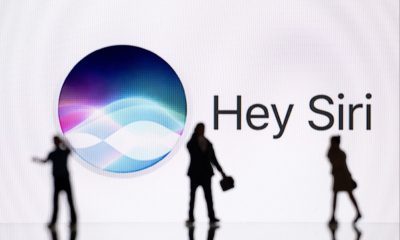
 Side Hustles4 days ago
Side Hustles4 days agoApple Prepares a New AI-Powered Siri to Compete With ChatGPT
-
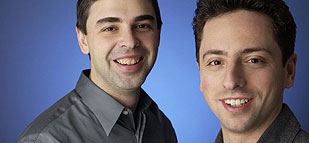
 Investing6 days ago
Investing6 days agoGoogle faces call from DuckDuckGo for new EU probes into tech rule compliance By Reuters

